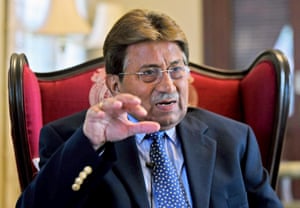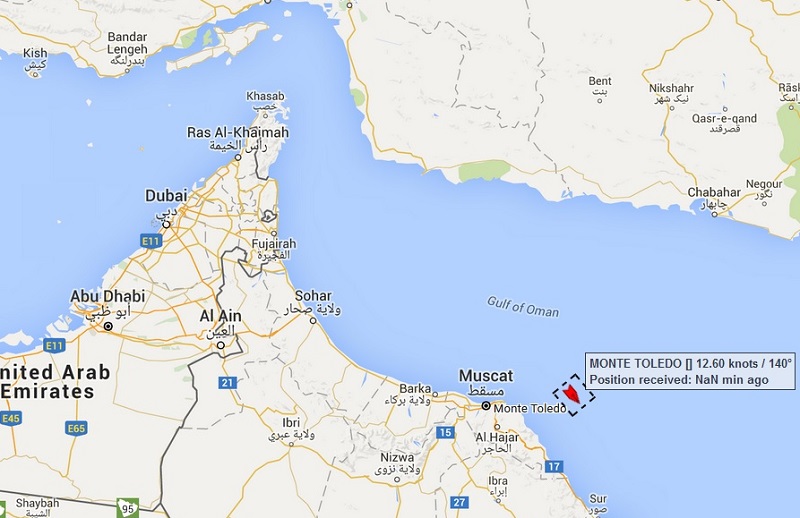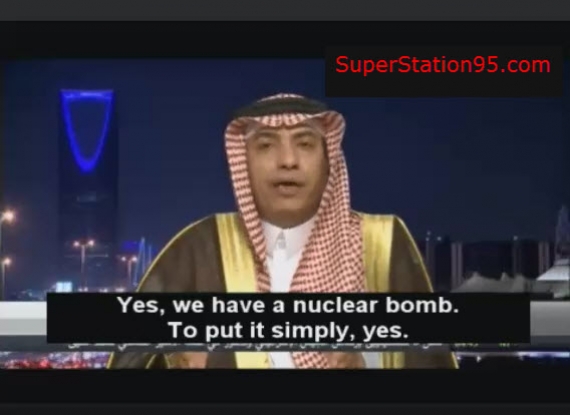We’re never winning these wars–

America has zero to show for its decades of bloodshed in the Middle East
Armed conflict in Iraq, Afghanistan and beyond hasn’t brought anything close to lasting peace. Quite the opposite.
It may be hard to believe now, but in 1970 the protest song “War,” sung by Edwin Starr, hit number one on the Billboard Hot 100 chart. That was at the height of the Vietnam antiwar movement and the song, written by Norman Whitfield and Barrett Strong, became something of a sensation. Even so many years later, who could forget its famed chorus? “War, what is it good for? Absolutely nothing.” Not me. And yet heartfelt as the song was then — “War, it ain’t nothing but a heartbreaker. War, it’s got one friend, that’s the undertaker…” — it has little resonance in America today.
But here’s the strange thing: in a way its authors and singer could hardly have imagined, in a way we still can’t quite absorb, that chorus has proven eerily prophetic — in fact, accurate beyond measure in the most literal possible sense. War, what is it good for? Absolutely nothing. You could think of American war in the twenty-first century as an ongoing experiment in proving just that point.
Looking back on almost 15 years in which the United States has been engaged in something like permanent war in the Greater Middle East and parts of Africa, one thing couldn’t be clearer: the planet’s sole superpower with a military funded and armed like none other and a “defense” budget larger than the next seven countries combined (three times as large as number two spender, China) has managed to accomplish — again, quite literally — absolutely nothing, or perhaps (if a slight rewrite of that classic song were allowed) less than nothing.
Unless, of course, you consider an expanding series of failed states, spreading terror movements, wrecked cities, countries hemorrhaging refugees, and the like as accomplishments. In these years, no goal of Washington — not a single one — has been accomplished by war. This has proven true even when, in the first flush of death and destruction, victory or at least success was hailed, as in Afghanistan in 2001 (“You helped Afghanistan liberate itself — for a second time,” Secretary of Defense Donald Rumsfeld to U.S. special operations forces), Iraq in 2003 (“Mission accomplished“), or Libya in 2011 (“We came, we saw, he died,” Hillary Clinton on the death of autocrat Muammar Gaddafi).
Of all forms of American military might in this period, none may have been more destructive or less effective than air power. U.S. drones, for instance, have killed incessantly in these years, racking up thousands of dead Pakistanis, Afghans, Iraqis, Yemenis, Syrians, and others, including top terror leaders and their lieutenants as well as significant numbers of civilians and even children, and yet the movements they were sent to destroy from the top down have only proliferated. In a region in which those on the ground are quite literally helpless against air power, the U.S. Air Force has been repeatedly loosed, from Afghanistan in 2001 to Syria and Iraq today, without challenge and with utter freedom of the skies. Yet, other than dead civilians and militants and a great deal of rubble, the long-term results have been remarkably pitiful.
From all of this no conclusions ever seem to be drawn. Only last week, the Obama administration and the Pentagon again widened their air war against Islamic State militants (as they had for weeks been suggesting they would), striking a “suspected Islamic State training camp” in Libya and reportedly killing nearly 50 people, including two kidnapped Serbian embassy staff members and possibly “a militant connected to two deadly attacks last year in neighboring Tunisia.” Again, after almost 15 years of this, we know just where such “successes” lead: to even grimmer, more brutal, more effective terror movements. And yet, the military approach remains the American approach du jour on any day of the week, any month of the year, in the twenty-first century.
Put another way, for the country that has, like no other on the planet in these years, unleashed its military again and again thousands of miles from its “homeland” in actions ranging from large-scale invasions and occupations to small-scale raids and drone assassination strikes, absolutely nothing has come up roses. From China’s Central Asian border to north Africa, the region that Washington officials began referring to as an “arc of instability” soon after 9/11 and that they hoped to garrison and dominate forever has only become more unstable, less amenable to American power, and ever more chaotic.
By its very nature, war produces chaos, but in other eras, particularly for great powers, it has also meant influence or dominance and created the basis for reshaping or controlling whole regions. None of this seems in the cards today. It would be reasonable to conclude, however provisionally, from America’s grand military experiment of this century that, no matter the military strength at your command, war no longer translates into power. For Washington, war has somehow been decoupled from its once expected results, no matter what weaponry has been brought to bear or what kind of generalship was exercised.
An Arms Race of One
Given that, sooner or later, the results of any experiment should be taken into account and actions recalibrated accordingly, here’s what’s curious. Just listen to the fervent pledges of the presidential candidates in the Republican debates to “rebuild” the U.S. military and you’ll sense the immense pressure in Washington not to recalibrate anything. If you want the definition of a Trumpian bad deal, consider that all of them are eager to pour further staggering sums into preparing for future military endeavors not so different from the present ones. And don’t just blame the Republicans. Such behavior is now hardwired into Washington’s entire political class.
The essential failure of air power in these years has yielded the F-35 Joint Strike Fighter, a plane once expected to cost in the $200 billion range whose price tag is now estimated at a trillion dollars or more over the course of its lifetime. It will, that is, be the most expensiveweapons system in history. Air power’s powerlessness to achieve Washington’s ends has also yielded the newly unveiled Long-Range Strike Bomber for which the Pentagon has already made a down payment to Northrop Grumman of $55 billion. (Add in the usual future cost overruns and that sum is expected to crest the $100 billion mark long before the plane is actually built.) Or at the level of planetary destruction, consider the three-decade, trillion-dollar upgrading of the U.S. nuclear arsenal now underway and scheduled to include, among other things, smaller, more accurate “smart” nukes — that is, first-use weaponry that might indeed be brought to future battlefields.
That none of this fits our world of war today should be — but isn’t — obvious, at least in Washington. In 2016, not only has military action of just about any sort been decoupled from success of just about any sort, but the unbelievably profitable system of weapons production woven into the fabric of the capital, the political process, and the country has also been detached from the results of war; the worse we do militarily, that is, the more frenetically and expensively we build.





 Afghan security personnel stand guard as firefighters clean the site of a suicide bombing near the gate of Ministry of Defence in Kabul on February 27, 2016.(AFP)
Afghan security personnel stand guard as firefighters clean the site of a suicide bombing near the gate of Ministry of Defence in Kabul on February 27, 2016.(AFP)





 Two MD 530F Cayuse Warriors
Two MD 530F Cayuse Warriors









 Catherine Shakdam is a political analyst, writer and commentator for the Middle East with a special focus on radical movements and Yemen. A regular pundit on RT and other networks her work has appeared in major publications: MintPress, the Foreign Policy Journal, Mehr News and many others.Director of Programs at the Shafaqna Institute for Middle Eastern Studies, Catherine is also the co-founder of Veritas Consulting. She is the author of Arabia’s Rising – Under The Banner Of The First Imam
Catherine Shakdam is a political analyst, writer and commentator for the Middle East with a special focus on radical movements and Yemen. A regular pundit on RT and other networks her work has appeared in major publications: MintPress, the Foreign Policy Journal, Mehr News and many others.Director of Programs at the Shafaqna Institute for Middle Eastern Studies, Catherine is also the co-founder of Veritas Consulting. She is the author of Arabia’s Rising – Under The Banner Of The First Imam










































 Spain’s Cepsa booked the Suezmax Monte Toledo—(
Spain’s Cepsa booked the Suezmax Monte Toledo—( Lukoil’s trading unit Litasco booked the Distya Akula—(
Lukoil’s trading unit Litasco booked the Distya Akula—(

















 WOODY ISLAND, Paracels 16°50’03.0″N 112°20’15.0″E
WOODY ISLAND, Paracels 16°50’03.0″N 112°20’15.0″E



















































